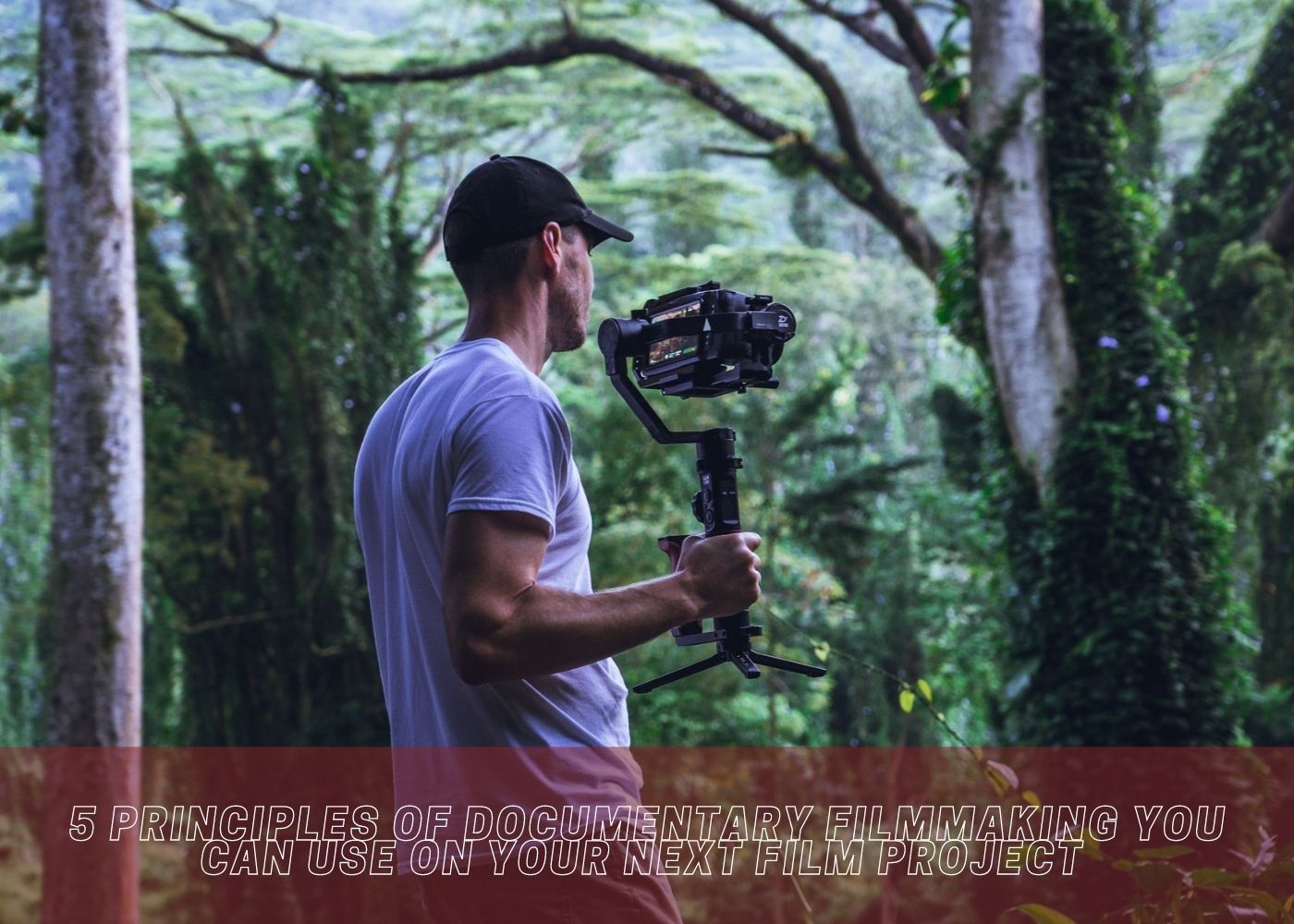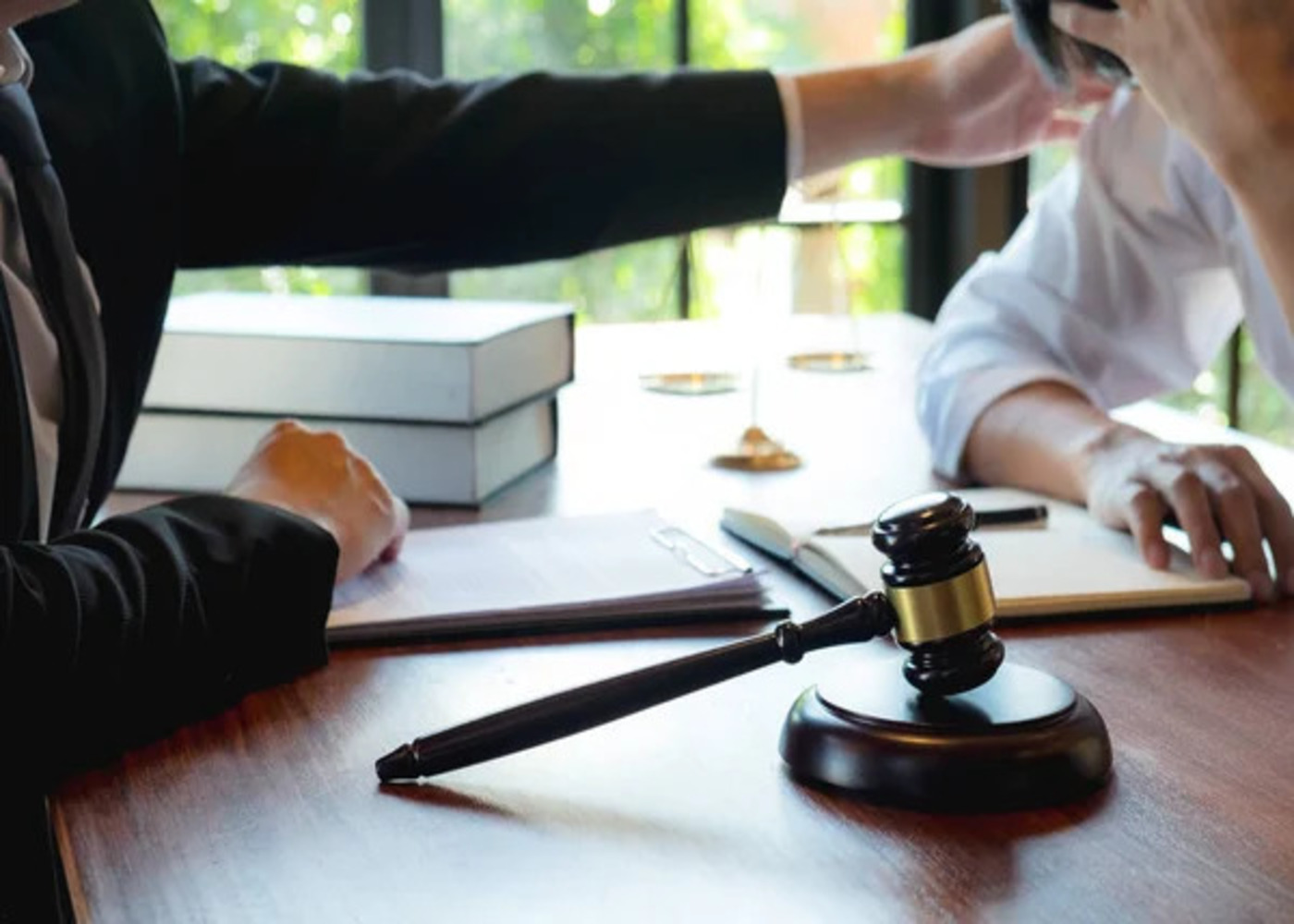For many people who are just getting started in cinema and video, the desire is to make indie shorts and big-budget films. Everyone aspires to follow in the footsteps of Quentin Tarantino, Kathryn Bigelow, or Spike Lee. However, as many will quickly discover, the narrative film is merely one of the many options available in the industry. Working in other sectors, such as corporate video or documentary, can frequently provide you with far more work that is just as enjoyable and lucrative.
Over the years, I've primarily gravitated toward documentary work, but I must say that I still adore the idea of filming narrative shorts—and possibly features one day. While these narrative chances aren't as common as documentary options, they do exist.
Before we proceed further, we'd like to welcome you to Filmdistrict Dubai, a top Production House Dubai which specializes in, Film Equipment Rental Dubai, Audio Visual Rental Dubai, Photo Booth Dubai, Camera Rental Dubai, Film Equipment Rental Dubai, and Audio Visual Rental Dubai
Here are some concepts and takeaways to bear in mind while approaching your next narrative production with a documentary focus, whether you're just starting in the field or have worked in documentary or other areas for years.
1. Make Use of a Multi-Functional Camera
The first thing is about your camera and equipment. Documentary filmmaking is chaotic by nature and necessitates a tremendous deal of flexibility on set. You must not only be able to adjust on the fly, but you must also be able to push your equipment to acquire good footage, frequently in less-than-ideal conditions. One method documentary filmmakers accomplish this is by selecting a strong, dependable camera that can be used in several settings.
The focus here is a camera with a high ISO, excellent low-light performance, and a wide dynamic range. A decent documentary camera should also have good-handed stabilization, long battery life, and simple controls for working quickly and on the go.
When you think of narrative filmmaking, you probably see yourself working in a very controlled situation. You might also imagine that narrative lends itself to high-resolution images, a lot of light, and cinematic shallow focus compositions. However, while this may be true in big-budget movies, narrative filmmaking is more frequently than not done with limited resources and money.
However, you don't need the most fanciful camera for the purpose; you just need a reliable camera that is suitable for long productions.
2. Learn to Find Your Lighting
Lighting is just as crucial as picking the camera you'll employ for your project. When you're working on a documentary, you'll frequently find yourself in situations where you have little control over the lighting. When working on a story, it's critical to have as much control over the lighting as possible.
By using a DIY bounce board or a small LED light to touch up a face, you may add modest lighting controls to subtly enhance situations and compositions. These tiny strategies can save you a lot of time in your narrative compositions by allowing you to focus on finding the light rather than trying to generate it.
Are you gaining knowledge here? Such intriguing content is solely the responsibility of Filmdistrict Dubai, a top Production House Dubai which specializes in, Film Equipment Rental Dubai, Audio Visual Rental Dubai, Photo Booth Dubai, Camera Rental Dubai, Film Equipment Rental Dubai, and Audio Visual Rental Dubai.
3. Use More Than One Audio Source
When you're out in the field, recording audio is always a struggle, as any decent documentarian will tell you. When you just have one auditory source, you never feel safe. For narrative, a boom mic is acceptable, but for documentary, I'd propose hiding a lapel or two on your actors or using another recording device close to the action. You'll have good audio to utilize as a scratch track until you can perform some ADR if the boom audio is dropped, distorted, or lost.
4. Always Keep Rolling
In story scenarios, the same can be said. It's all about creating—or capturing—realism in your performances when it comes to good filming. It can be in the delivery of a line of language, but it's more common in the expressions, reactions, and moments. You could be amazed at what you find if you can capture a few more of your performers in their natural states without the strain of performing.
You don't have to record continually; simply keeping it rolling for a few moments longer than usual may cause folks to relax a little once they realize they're no longer on camera.
5. Be Open to New Tech and Apps
There are numerous digital tools available to both documentary and narrative filmmakers.
By uploading all of your scripts, paperwork, and storyboards/shot charts to your phone, you may reduce the number of screenplays, paperwork, and storyboards/shot charts you carry.
Ultimately, documentary and narrative film productions will always be distinct due to their nature. You'll never be able to approach one like the other. If you come from a documentary background, though, you have a lot more tools at your disposal than you might believe. And, if you're just getting started in film, documentaries might be a great way to get your feet wet.
Hope you enjoyed this article and be sure to reach out to Filmdistrict Dubai, a top Production House Dubai which specializes in, Film Equipment Rental Dubai, Audio Visual Rental Dubai, Photo Booth Dubai, Camera Rental Dubai, Film Equipment Rental Dubai, and Audio Visual Rental Dubai.







